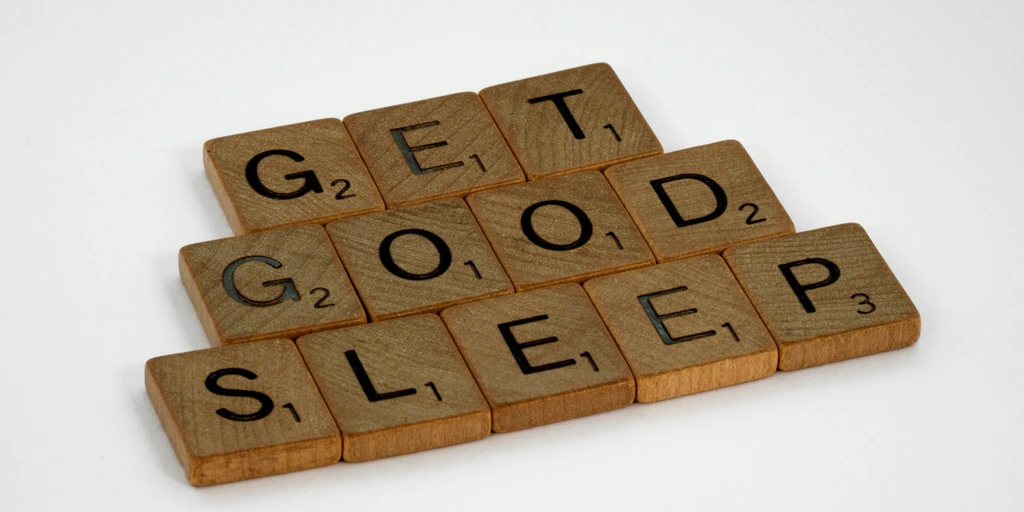In today’s fast-paced world, achieving a good night’s sleep can often feel like an elusive dream. However, quality sleep is crucial for your overall health and wellbeing. If sleepless nights are your reality, consider adopting these effective strategies to overcome bad sleep and enhance the restorative quality of your rest.
Understand the Importance of Sleep
Before diving into strategies, it’s essential to understand why sleep is vital. Sleep plays a critical role in physical health, supporting the immune system, and even in mental stability. A lack of sleep can influence judgment, mood, and the ability to learn and retain information. Thus, prioritizing your sleep is not just about feeling rested, but maintaining overall life success.
Establish a Consistent Sleep Schedule
Your body operates on a circadian rhythm, essentially a natural, internal clock. By establishing a consistent sleep schedule, you align your internal clock with the external environment. Try to go to bed and wake up at the same time every day, even on weekends. Over time, you’ll find it easier to fall asleep and wake up without an alarm clock.
Create a Restful Environment
The environment in which you sleep can significantly affect your sleep quality. Here are a few ways to create a serene sleep setting:
- Keep Your Room Dark: Use blackout curtains to block outside light and consider a sleep mask.
- Minimize Noise: White noise machines or earplugs can help drown out disruptive sounds.
- Cool and Comfortable: The ideal sleep temperature for most people is around 65°F (18°C). Ensure your mattress and pillows are comfortable and supportive.
Limit Exposure to Blue Light
Devices like smartphones, computers, and televisions emit blue light which can interfere with your body’s preparation for sleep. This light can reduce the production of melatonin, the hormone responsible for sleepiness. Limit your use of these devices in the hour before bed. Instead, consider reading a book or listening to relaxing music to unwind.
Mind Your Food and Drink
Your dietary choices can affect your sleep patterns. Avoid large meals, caffeine, and alcohol close to bedtime. Consuming alcohol might help you relax initially, but it can disrupt your sleep cycle later in the night. Similarly, caffeine can linger in your system for hours. If you need a late-day pick-me-up, opt for decaf or herbal tea.
Exercise Regularly
Physical activity can help you fall asleep faster and enjoy deeper sleep. Engage in moderate exercise, such as brisk walking, for at least 30 minutes most days. Avoid vigorous activity close to bedtime, as it might leave you too energized to fall asleep.
Manage Stress and Relaxation Techniques
Stress is a common sleep disruptor. Learning to manage it effectively can significantly improve your sleep quality. Techniques such as deep breathing, meditation, or yoga can help calm your mind and prepare your body for sleep. Consider setting aside time for one of these practices in your pre-bedtime routine.
Avoid Napping Too Long During the Day
Short naps can be beneficial in terms of boosting your energy and concentration. However, extended naps can interfere with nighttime sleep. If you do nap during the day, keep it to 20-30 minutes and avoid napping late in the afternoon.
Seek Professional Help if Needed
If you’ve tried these strategies and your sleep doesn’t improve, it might be time to consult a healthcare professional. Chronic sleep problems could be a sign of a sleep disorder, such as sleep apnea or insomnia, requiring medical intervention. A specialist can offer further insight and propose treatments that align with your specific needs.
Good sleep isn’t a luxury; it’s a necessity for a healthy, fulfilling life. By incorporating these strategies, you can work towards overcoming bad sleep and enjoy improved rest, leading to a healthier, more energetic you.












Discussion about this post